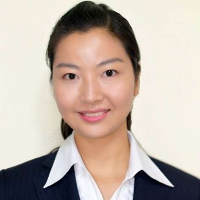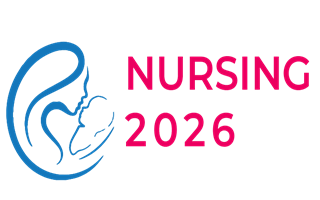3rd Global Summit on
Nursing and Midwifery
May 20-21, 2026 | Barcelona, Spain

Address: Avinguda Del Maresme 78 Ronda De Dalt Exit 15, 08940 Comellà de Llobregat, Barcelona, Spain
Nursing 2026

Sichuan University, China
Abstract:
Corona Virus Disease 2019 (COVID-19) has spread in the world rapidly. This study revealed the psychological characteristics of lung cancer patients at different time points of the COVID-19 epidemic. This cross-sectional study used data from two different regional medical centers. 128 pairs of lung cancer (LC) patients and non-lung cancer subjects (NLC) were selected through propensity score matching (PSM) analysis. For the longitudinal study, the anxiety and distress state before and during the COVID-19 pandemic were surveyed through a dedicated questionnaire. A total of 135 LC patients and 165 healthy individuals were included in this cross-sectional study. After PSM analysis, 128 pairs of LC patients and NLC were matched and compared in this analysis. During the uptrend period of COVID-19 epidemic, there were significant differences in anxiety between LC patients and NLC (P=0.005). For LC patients, the proportions of severe distress differed significantly between the uptrend and the decline period (22.05% vs 11.90%, P=0.032). In two-way repeated ANOVA analysis, no significant main effect for group or group × condition interaction effect has been founded. The distress of LC patients is mainly manifested as worry. Logistic regression showed that gender (OR=41.48, 95% CI: 9.74-17.97), age (OR=0.20, 95% CI: 0.08-0.50), and education level (OR=4.82, 95% CI: 1.98-11.69) were correlated with “worry” and contributed significantly to the model. This study revealed that lung cancer patients had significant anxiety and distress during the uptrend period of the COVID-19 epidemic. The distress states of LC patients mainly manifested as worry, which was associated with age, gender, and education level.
Biography:
Yi
Deng has completed his PhD at the age of 30 years from Sichuan University. She
has published more than 25 papers in reputed journals and has been serving as
an editorial board member of JTD.
